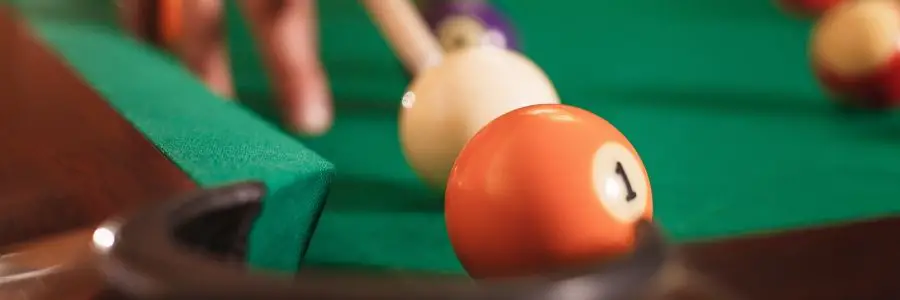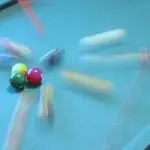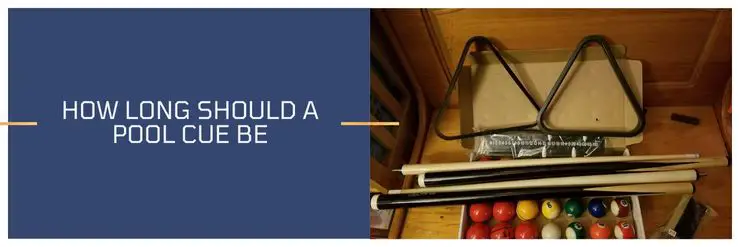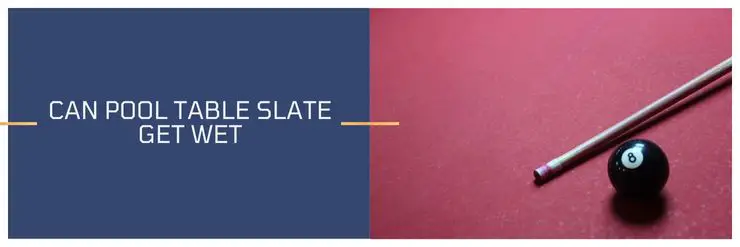As you would expect, pool is a game made up of many different rules. To make things a little more confusing, there are multiple governing bodies with their own take on the rules. On top of this “house rules” can also differ from “standard” rules.
So what are the most widely accepted rules on scratching? For this, I will be using the WPA – world pool association rules for pool to help clear this up.
The name might seem a little strange if you are not familiar with pool terminology. To scratch, a cue ball in pool doesn’t mean to deface the white ball! A scratch is a term used to indicate a foul has occurred, specifically on the white ball.
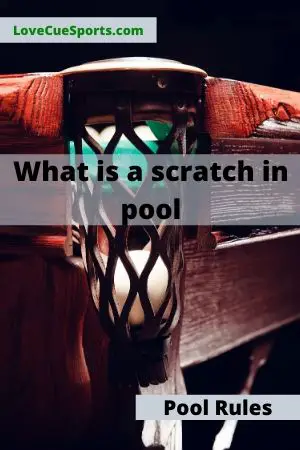
All scratches are fouls, but not all fouls are scratches.
So, what is a scratch in pool? What is a scratch in 8 ball and what is a scratch in 9 ball? Are they the same thing? I will be answering all these questions and other related things to consider such as; what are the pool rules scratch placement, scratching on the 8 ball and scratching on the break.
What is a scratch in pool
Let’s get straight to the point, What is a scratch in pool? Simply put, a scratch in pool is when you pot the white ball. By doing so, a foul is incurred. There are other fouls in pool, such as potting your opponent’s ball, but this isn’t a scratch.
If you pot your ball, and then the cue ball, in the same shot, it’s a scratch.
If you bounce off a cushion and the white ball sinks into the pocket, again, it’s a scratch.
Whatever happens, if the white ball goes down, it’s a scratch.
By definition from the WPA rules of pool, section 8.6 on scratching – scratching occurs when the cue ball is pocketed.
So, fouling by another means is not deemed a scratch, but is deemed a foul.
Related Articles:
What happens when you scratch in pool
Now we understand what is a scratch in pool is, let’s understand what happens when you scratch in pool. In other words, what happens when you sink the white ball in pool.
There are different outcomes when scratching on the break and scratching on the 8 ball or 9 ball. If you are interested in the rules for specific scratches, definitely go check them articles out.
This article will focus more on scratching during a game.
As with any foul committed, that will signal the end of the turn and the start of the opponent’s turn.
The opponent will be given a “ball in hand”, which, in terms of pool rules scratch placement, means he or she can place the cue ball anywhere on the table and proceed to play from that position.
It’s worth noting that the rules differ slightly when playing 8 ball or 9 ball and a scratch is committed on the break.
If a scratch is committed either in 8 ball or 9 ball, when the players have designated stripes or solids then a ball in hand is awarded to the other player (who didn’t scratch)
With the ball in hand, they can place the cue ball anywhere on the playing surface of the pool table.
They can place and then move the cue ball if desired until they take their shot.
The above describes tournament play rules and is slightly different from most bar table rules where if the shooter scratches, then the opponent has to place the cue ball behind the “head string” in the “kitchen”.
If you were playing these bar table rules you can only shot the ball forward.
If, for example, you wanted to make your object ball into the corner pocket in the kitchen, then you would need to shot the cue ball out of the kitchen and have it re-enter to pot your object ball.
The reason why tournament play rules differ in this regard is to give players after a foul, a ball in hand, allowing them to freely place the cue ball anywhere on the table.
This is an effort to stop players from fouling intentionally knowing it will leave their opponent in an unfavorable position behind the head string.
Final thoughts
Using the world pool association pool rules we now know what is a scratch in pool: a foul from potting the white ball.
We have also learned What happens when you scratch in pool; when you sink the white ball in pool: A ball in hand is awarded to the opponent.
Remember that these rules only apply once the pool balls have been assigned to a player. If a scratch happens on a break or in open play then the rules on differ. The same is true if a scratch is committed while on the 8 ball.
Rob is an avid player and fan of all cue sports, particularly 8-ball, and snooker. He has competed in a few local 8-ball tournaments and although he is not a professional, he can compete with the best of them.

